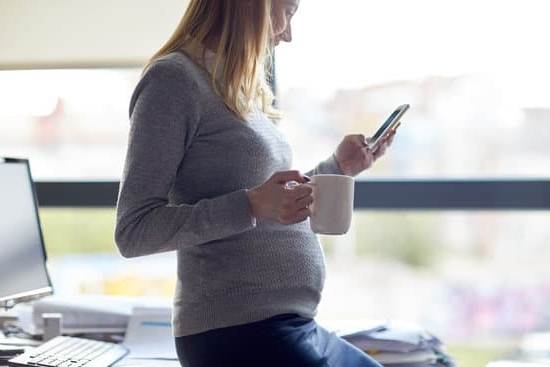Is Vitamin D Safe During Pregnancy
Getting an adequate amount of vitamin D is important both before and during pregnancy. During this time, vitamin D helps your body absorb calcium, which is essential for pregnancy. Vitamin D also helps keep bones strong and healthy so they can support the increase in weight and stress on your body during pregnancy.
Risks of Deficiency in Vitamin D
When pregnant women don’t get enough vitamin D, they are at risk of developing health issues, the most serious being pre-eclampsia, a form of high blood pressure during pregnancy. Low levels of vitamin D during pregnancy have also been linked to:
- Low birth weight of babies.
- An increased risk of infection for both mom and baby.
- Miscarriage.
- Severe allergies.
- Joint and muscle pain.
- Developmental delays.
Recommended Intake of Vitamin D for Pregnant Women
The American College of Obstetricians and Gynecologists (ACOG) recommends that all pregnant women should take a minimum of 600 international units (IU) of vitamin D supplementation daily. Additionally, women who have limited exposure to sunlight should be tested for serum 25-hydroxyvitamin D levels and may need higher doses of supplementation.
How to Get Vitamin D Safely During Pregnancy
Getting adequate levels of vitamin D can be difficult if you are indoors most of the time and don’t get adequate sun exposure. The following options can help you get enough vitamin D while pregnant:
- Take a supplement: ACOG and the World Health Organization (WHO) both recommend pregnant women take vitamin D supplements to make sure you get the recommended dosage. While food is a great source of many essential nutrients during pregnancy, it may not be enough to help maintain adequate levels of vitamin D during pregnancy.
- Eat foods fortified with vitamin D: Many foods like milk, soy milk, orange juice and lactose-free milk are fortified with vitamin D. Adding these foods to your diet is one of the easiest and safest ways to help fill in nutritional gaps during pregnancy.
- Spend time outside: Spending at least 15 minutes outdoors every day provides your body with enough exposure to sunlight to help create its own supply of vitamin D. However, make sure you wear sunscreen as pregnant women are more sensitive to the sun’s rays.
In conclusion, it is important to note that getting the right amount of vitamin D during pregnancy is safe and can help ensure your baby is born healthy and strong. When in doubt, consult your doctor to determine the best supplementation plan for your individual needs.

Welcome to my fertility blog. This is a space where I will be sharing my experiences as I navigate through the world of fertility treatments, as well as provide information and resources about fertility and pregnancy.





